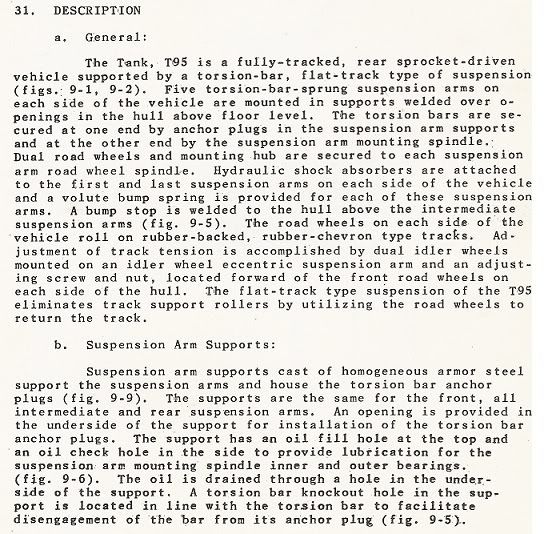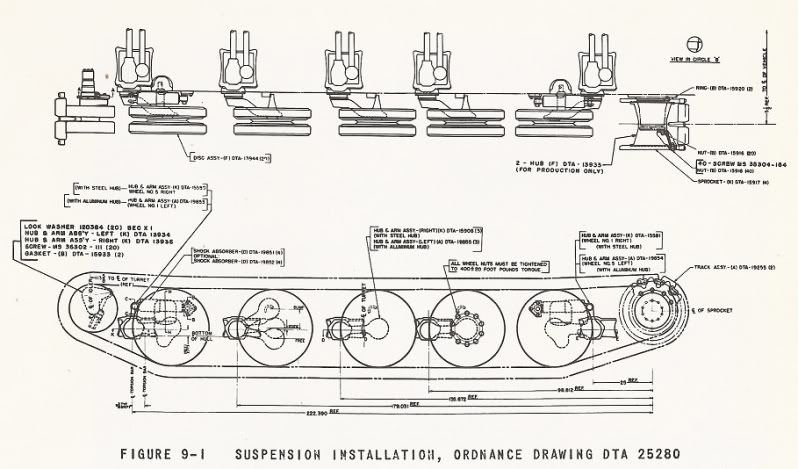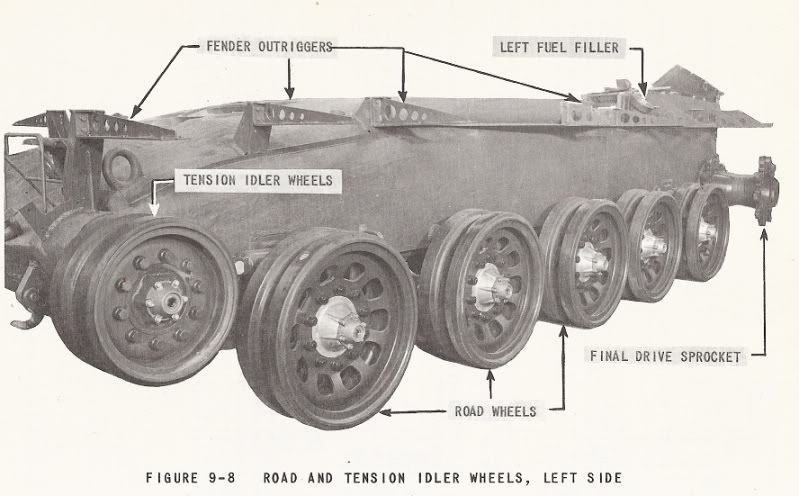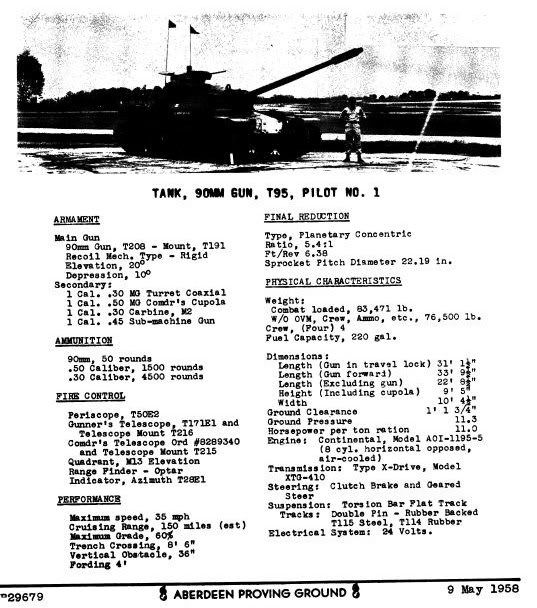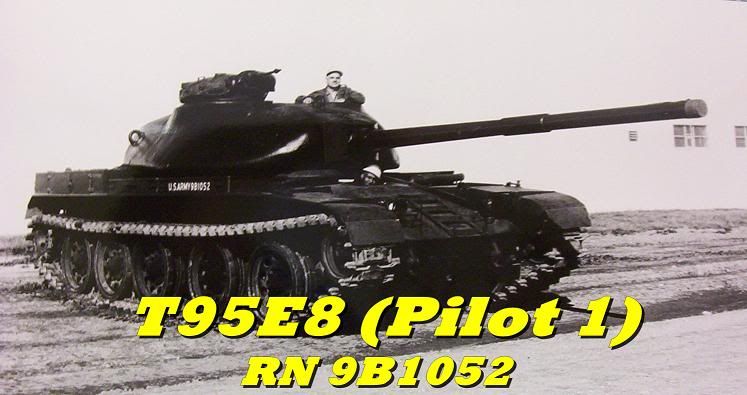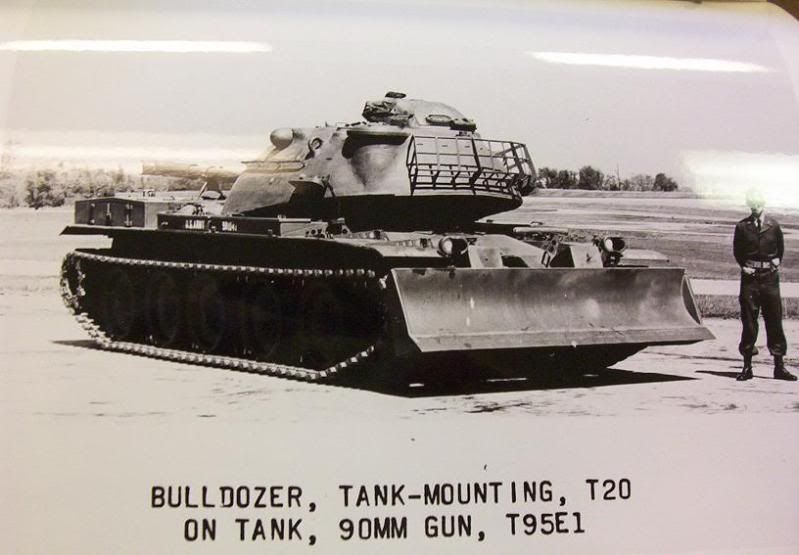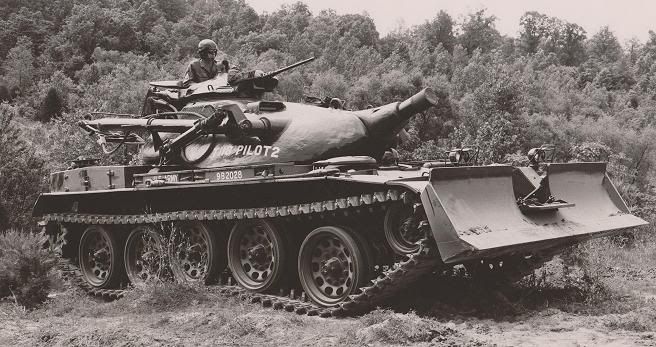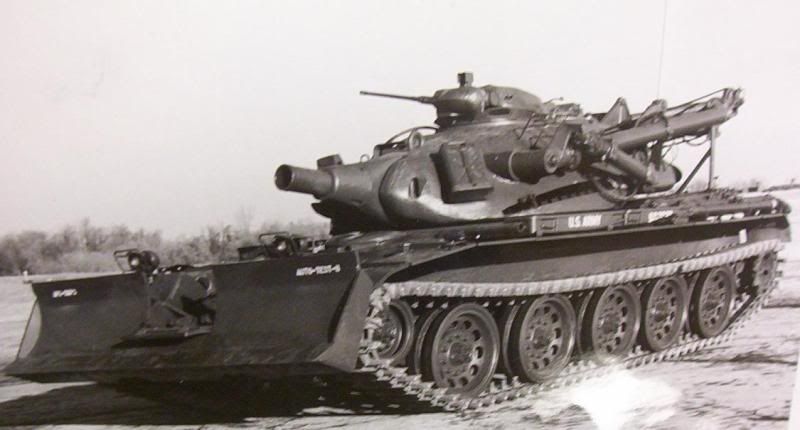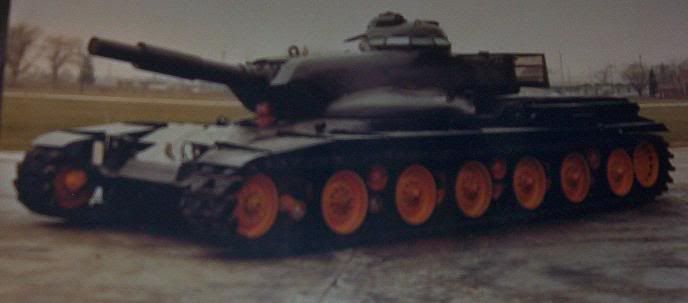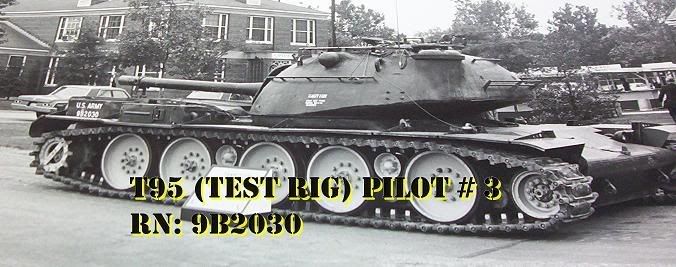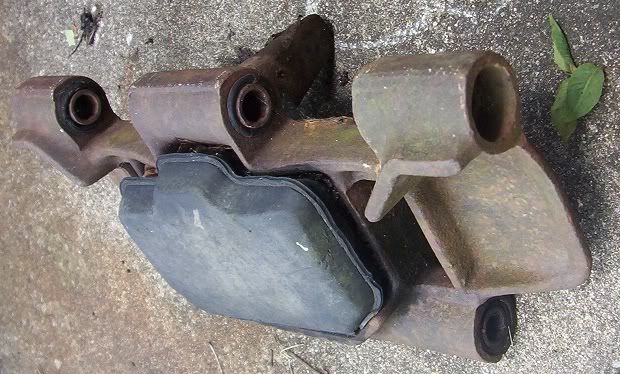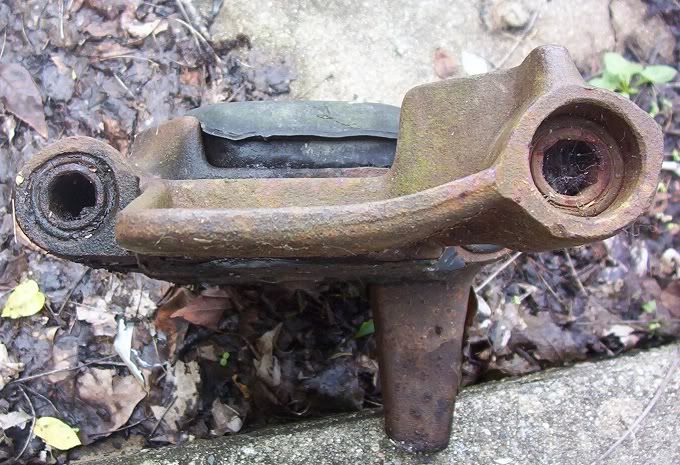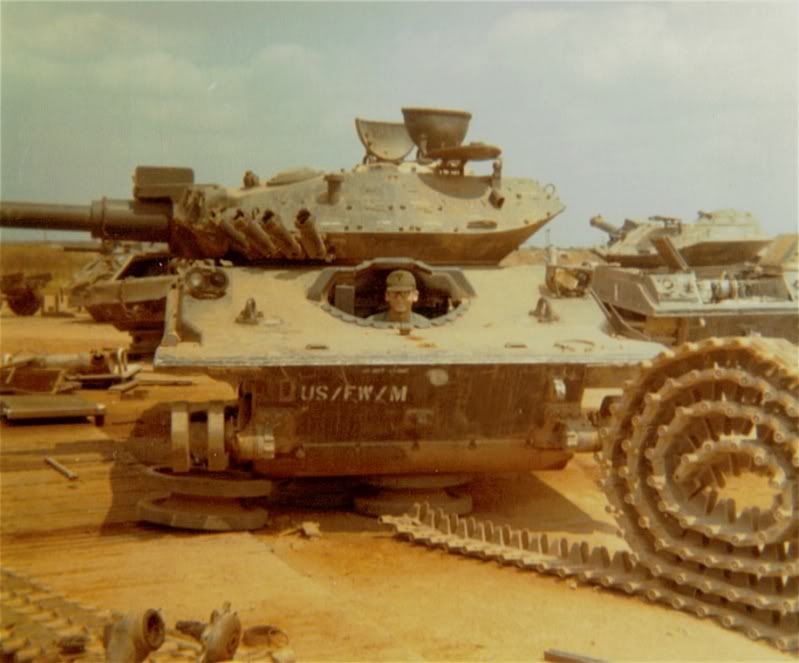±Recent Visitors
Recent Visitors to Com-Central!
±User Info-big
Welcome Anonymous
Membership:
 Latest: HighestAce
Latest: HighestAce New Today: 0
New Today: 0 New Yesterday: 0
New Yesterday: 0 Overall: 6648
Overall: 6648 People Online:
People Online: Members: 0
Members: 0 Visitors: 171
Visitors: 171 Total: 171
Total: 171
 Who Is Where:
Who Is Where: Visitors:
Visitors:01: Downloads
02: Photo Gallery
03: Community Forums
04: Community Forums
05: Community Forums
06: News Archive
07: Community Forums
08: Member Screenshots
09: Community Forums
10: Photo Gallery
11: Community Forums
12: Community Forums
13: Home
14: Community Forums
15: Home
16: Home
17: Home
18: Community Forums
19: Home
20: Community Forums
21: Photo Gallery
22: Community Forums
23: Home
24: Community Forums
25: Home
26: Home
27: Photo Gallery
28: Community Forums
29: Community Forums
30: Member Screenshots
31: Photo Gallery
32: Community Forums
33: Community Forums
34: CPGlang
35: Community Forums
36: Community Forums
37: Community Forums
38: Community Forums
39: Home
40: Community Forums
41: Community Forums
42: Home
43: Community Forums
44: Community Forums
45: Home
46: Statistics
47: Community Forums
48: Home
49: CPGlang
50: Community Forums
51: Photo Gallery
52: Photo Gallery
53: Community Forums
54: Community Forums
55: Home
56: Community Forums
57: Community Forums
58: Community Forums
59: Downloads
60: Photo Gallery
61: Home
62: Community Forums
63: Community Forums
64: Photo Gallery
65: Community Forums
66: Photo Gallery
67: CPGlang
68: Statistics
69: Member Screenshots
70: Home
71: Photo Gallery
72: Home
73: Home
74: Photo Gallery
75: Community Forums
76: Community Forums
77: Community Forums
78: Community Forums
79: Photo Gallery
80: Member Screenshots
81: Community Forums
82: Community Forums
83: Photo Gallery
84: Member Screenshots
85: Community Forums
86: Community Forums
87: Community Forums
88: Community Forums
89: Your Account
90: CPGlang
91: Home
92: Community Forums
93: Photo Gallery
94: Photo Gallery
95: Community Forums
96: Home
97: Community Forums
98: Photo Gallery
99: Community Forums
100: Downloads
101: Home
102: Community Forums
103: Community Forums
104: Community Forums
105: Community Forums
106: Home
107: Home
108: Community Forums
109: Community Forums
110: Community Forums
111: Downloads
112: Community Forums
113: Home
114: CPGlang
115: Photo Gallery
116: Community Forums
117: Photo Gallery
118: Community Forums
119: Community Forums
120: Home
121: CPGlang
122: Photo Gallery
123: Community Forums
124: Community Forums
125: Community Forums
126: Community Forums
127: Community Forums
128: Home
129: Home
130: Photo Gallery
131: Community Forums
132: Photo Gallery
133: Home
134: Photo Gallery
135: Home
136: CPGlang
137: Community Forums
138: Community Forums
139: Community Forums
140: Home
141: Photo Gallery
142: Community Forums
143: Community Forums
144: Community Forums
145: Photo Gallery
146: Community Forums
147: Home
148: Community Forums
149: Community Forums
150: Home
151: Community Forums
152: Community Forums
153: Home
154: Community Forums
155: CPGlang
156: Community Forums
157: Community Forums
158: CPGlang
159: Home
160: Community Forums
161: Community Forums
162: Community Forums
163: Community Forums
164: Home
165: Downloads
166: Community Forums
167: Your Account
168: Community Forums
169: Home
170: Community Forums
171: Community Forums
Staff Online:
No staff members are online!
Back to top
Skip to content
Skip to menu
Back to top
Back to main
Skip to menu
T95 Info
The AFV ASSOCIATION was formed in 1964 to support the thoughts and research of all those interested in Armored Fighting Vehicles and related topics, such as AFV drawings. The emphasis has always been on sharing information and communicating with other members of similar interests; e.g. German armor, Japanese AFVs, or whatever.
Go to page 1, 2 Next
You cannot post new topics in this forum
You cannot reply to topics in this forum
You cannot edit your posts in this forum
You cannot delete your posts in this forum
You cannot vote in polls in this forum
You cannot attach files in this forum
You cannot download files in this forum
The AFV ASSOCIATION was formed in 1964 to support the thoughts and research of all those interested in Armored Fighting Vehicles and related topics, such as AFV drawings. The emphasis has always been on sharing information and communicating with other members of similar interests; e.g. German armor, Japanese AFVs, or whatever.
Go to page 1, 2 Next
| Author | Message | ||||
|---|---|---|---|---|---|
| Dontos Power User Joined: Jan 24, 2006 Posts: 3436 Location: Vine Grove, KY |
|
||||
 |
|||||
| Dontos Power User Joined: Jan 24, 2006 Posts: 3436 Location: Vine Grove, KY |
|
||||
 |
|||||
| Dontos Power User Joined: Jan 24, 2006 Posts: 3436 Location: Vine Grove, KY |
|
||||
 |
|||||
| C_Sherman Power User Joined: Jan 24, 2006 Posts: 590 |
|||||
 |
|||||
| Kurt_Laughlin Power User Joined: Jan 24, 2006 Posts: 577 |
|||||
 |
|||||
| Doug_Kibbey Power User Joined: Jan 23, 2006 Posts: 4678 Location: The Great Satan |
|||||
 |
|||||
| C_Sherman Power User Joined: Jan 24, 2006 Posts: 590 |
|||||
 |
|||||
| Dontos Power User Joined: Jan 24, 2006 Posts: 3436 Location: Vine Grove, KY |
|||||
 |
|||||
| Kurt_Laughlin Power User Joined: Jan 24, 2006 Posts: 577 |
|
||||
 |
|||||
| Dontos Power User Joined: Jan 24, 2006 Posts: 3436 Location: Vine Grove, KY |
|||||
 |
|||||
| Roy_A_Lingle Power User  Joined: Jan 24, 2006 Posts: 1997 Location: El Paso & Ft Bliss, Texas |
|||||
 |
|||||
| Doug_Kibbey Power User Joined: Jan 23, 2006 Posts: 4678 Location: The Great Satan |
|||||
 |
|||||
| Roy_A_Lingle Power User  Joined: Jan 24, 2006 Posts: 1997 Location: El Paso & Ft Bliss, Texas |
|||||
 |
|||||
| Joe_D Power User Joined: Jan 29, 2006 Posts: 2067 Location: Razorback Country |
|||||
 |
|||||
| Doug_Kibbey Power User Joined: Jan 23, 2006 Posts: 4678 Location: The Great Satan |
|||||
 |
|||||
All times are GMT - 6 Hours
You cannot post new topics in this forum
You cannot reply to topics in this forum
You cannot edit your posts in this forum
You cannot delete your posts in this forum
You cannot vote in polls in this forum
You cannot attach files in this forum
You cannot download files in this forum



